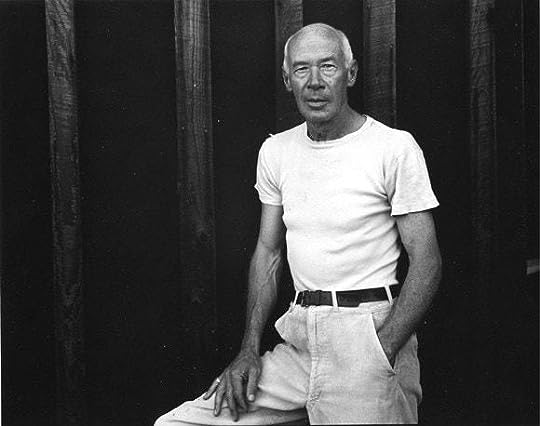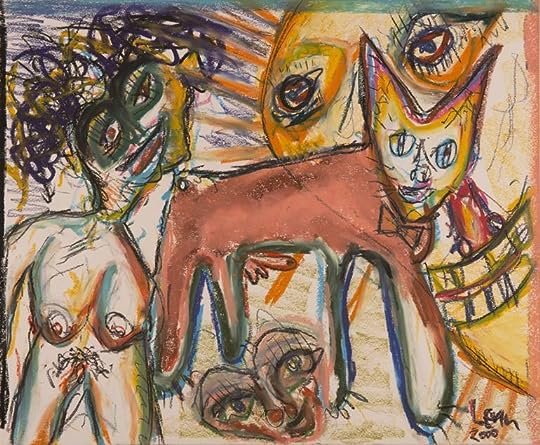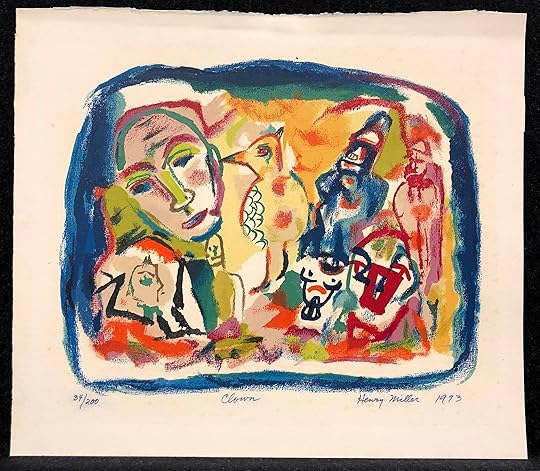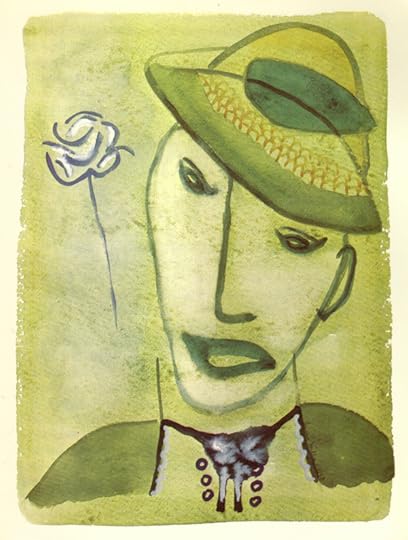What do you think?
Rate this book


318 pages, Paperback
First published January 1, 1934
One is ejected into the world like a dirty little mummy; the roads are slippery with blood and no one knows why it should be so. Each one is traveling his own way and, though the earth be rotting with good things, there is no time to pluck the fruits; the procession scrambles toward the exit sign, and such a panic is there, such a sweat to escape, that the weak and the helpless are trampled into the mud and their cries are unheard.
Still prowling around. Mid afternoon. Guts rattling. Beginning to rain now. Notre-Dame rises tomblike from the water. The gargoyles lean far out over the lace façade. They hang there like an idée fixe in the mind of a monomaniac. An old man with yellow whiskers approaches me. Has some Jaworski nonsense in his hand. Comes up to me with his head thrown back and the rain splashing in his face turns the golden sands to mud. Bookstore with some of Raoul Dufy's drawings in the window. Drawings of charwomen with rosebushes between their legs. A treatise on the philosophy of Joan Miró. The philosophy, mind you!
Human beings make a strange fauna and flora. From a distance they appear negligible; close up they are apt to appear ugly and malicious. More than anything they need to be surrounded with sufficient space – space even more than time.
„E mai bine să faci greșeli decît să nu faci nimic: It’s better to make mistakes than not do anything” (p.274).







“I believe that today more than ever a book should be sought after even if it has only one great page in it. We must search for fragments, splinters, toenails, anything that has ore in it, anything that is capable of resuscitating the body and the soul.”
“...the monstrous thing is not that men have created roses out of this dung heap, but that, for some reason or other, they should want roses. For some reason or other man looks for the miracle, and to accomplish it he will wade through blood. He will debauch himself with ideas, he will reduce himself to a shadow if for only one second of his life he can close his eyes to the hideousness of reality. Everything is endured—disgrace, humiliation, poverty, war, crime, ennui—in the belief that overnight something will occur, a miracle, which will render life tolerable. And all the while a meter is running inside and there is no hand that can reach in there and shut it off.”